Financial abuse haunts Kosovo Ministry
Suspicions linger that financial irregularities still exist within the Kosovo Ministry, despite claims that its financed are being monitored.
Tuesday, 25.11.2008.
11:03

Suspicions linger that financial irregularities still exist within the Kosovo Ministry, despite claims that its financed are being monitored. After years of talk that gross misuse of funds had been taking place, the first arrest to be made was that of former ministry adviser Milorad Todorovic, who is suspected of embezzling almost EUR 16,700 of tax payers’ money. Financial abuse haunts Kosovo Ministry The ministry’s new team has entered the investigation, claiming that it is currently in control of all spending. According to available information, the state sets aside about EUR 440mn a year for Kosovo, and Gracanica Health Center Director Rada Trajkovic says that there is still massive margin for abuse, mostly because of the fact that parallel institutions are functioning in Kosovo. Democratic Party of Serbia (DSS) official Dusan Prorokovic, who was the state secretary in the Kosovo Ministry in the last government, told B92 that the ministry was not authorized to check how state funds were being spent, but said that there were suspicions of irregularities. “What is most commonly stated in public is the payment of double salaries and the suspicion that one person was receiving those salaries in three or four different positions,” he said. “As far as I know, the Health and Education Ministries were the ones checking on whether misuse had occurring, that simply was not the job of the Kosovo Ministry,” Prorokovic said. Any time misuse of state funds for Kosovo is mentioned, the hospital in northern Kosovska Mitrovica is always the first to spring to mind, though nothing has ever been proven. The hospital’s managing director, Marko Jaksic, who is also a DSS official, told B92 that any suspicions should be looked into. “The easiest thing to do is to accuse someone. In any case, everything can be checked out. I will remind you that in 2003, Nebojsa Covic sent inspectors on a number of such occasions and no illegal activities were ever discovered,” Jaksic said. However, Trajkovic told B92 that corruption in Kosovo was rife, because the parallel institutions function under both the Serbian and Albanian systems. “For the same equipment, for example, money could be received from Pristina and the state on the same account, and that money can get lost without people knowing where it went. There is a good deal of crime in the double system. The challenges are there, and people are susceptible when it comes to money,” she said. Money sent to Kosovo during the time of Vojislav Kostunica’s government is only now being checked on by current ministry officials. Ministry State Secretary Oliver Ivanovic told B92 that use of money now was completely transparent. “Everyone in every ministry now knows how its money is being spent. There was not a lot of synchronization in the last government, and we are now trying to eradicate the anomalies. We will need some time before we make any changes, and we must carefully analyze our ongoing work,” Ivanovic said. Most of the money going to Kosovo is spent on the wages of health and education officials, as well as on local self-administration representatives.
Financial abuse haunts Kosovo Ministry
The ministry’s new team has entered the investigation, claiming that it is currently in control of all spending.According to available information, the state sets aside about EUR 440mn a year for Kosovo, and Gračanica Health Center Director Rada Trajković says that there is still massive margin for abuse, mostly because of the fact that parallel institutions are functioning in Kosovo.
Democratic Party of Serbia (DSS) official Dušan Proroković, who was the state secretary in the Kosovo Ministry in the last government, told B92 that the ministry was not authorized to check how state funds were being spent, but said that there were suspicions of irregularities.
“What is most commonly stated in public is the payment of double salaries and the suspicion that one person was receiving those salaries in three or four different positions,” he said.
“As far as I know, the Health and Education Ministries were the ones checking on whether misuse had occurring, that simply was not the job of the Kosovo Ministry,” Proroković said.
Any time misuse of state funds for Kosovo is mentioned, the hospital in northern Kosovska Mitrovica is always the first to spring to mind, though nothing has ever been proven.
The hospital’s managing director, Marko Jakšić, who is also a DSS official, told B92 that any suspicions should be looked into.
“The easiest thing to do is to accuse someone. In any case, everything can be checked out. I will remind you that in 2003, Nebojša Čović sent inspectors on a number of such occasions and no illegal activities were ever discovered,” Jakšić said.
However, Trajković told B92 that corruption in Kosovo was rife, because the parallel institutions function under both the Serbian and Albanian systems.
“For the same equipment, for example, money could be received from Priština and the state on the same account, and that money can get lost without people knowing where it went. There is a good deal of crime in the double system. The challenges are there, and people are susceptible when it comes to money,” she said.
Money sent to Kosovo during the time of Vojislav Koštunica’s government is only now being checked on by current ministry officials.
Ministry State Secretary Oliver Ivanović told B92 that use of money now was completely transparent.
“Everyone in every ministry now knows how its money is being spent. There was not a lot of synchronization in the last government, and we are now trying to eradicate the anomalies. We will need some time before we make any changes, and we must carefully analyze our ongoing work,” Ivanović said.
Most of the money going to Kosovo is spent on the wages of health and education officials, as well as on local self-administration representatives.










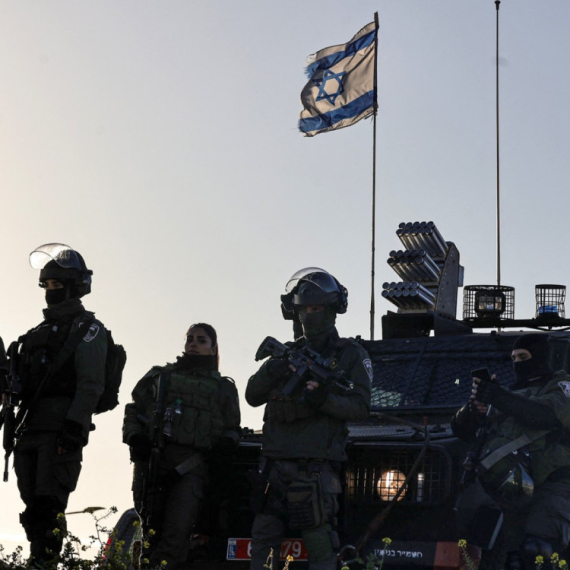
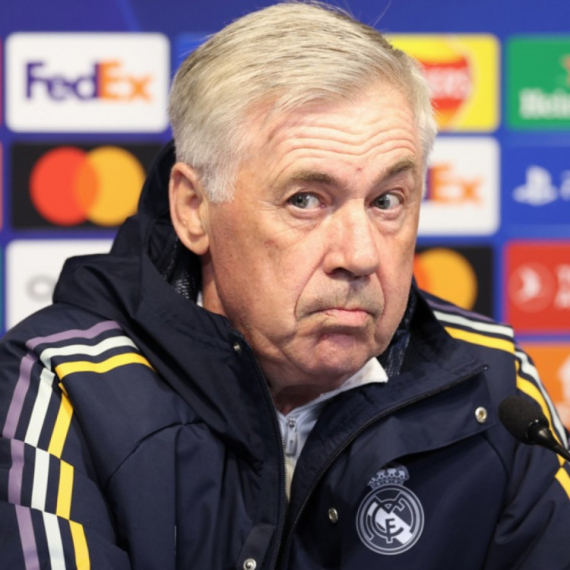



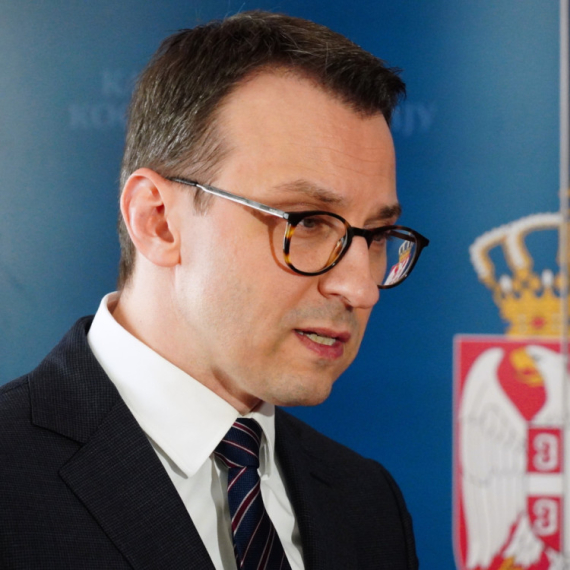
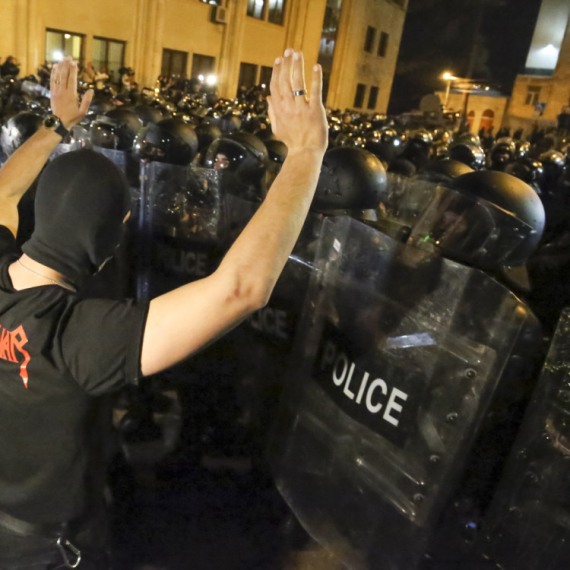
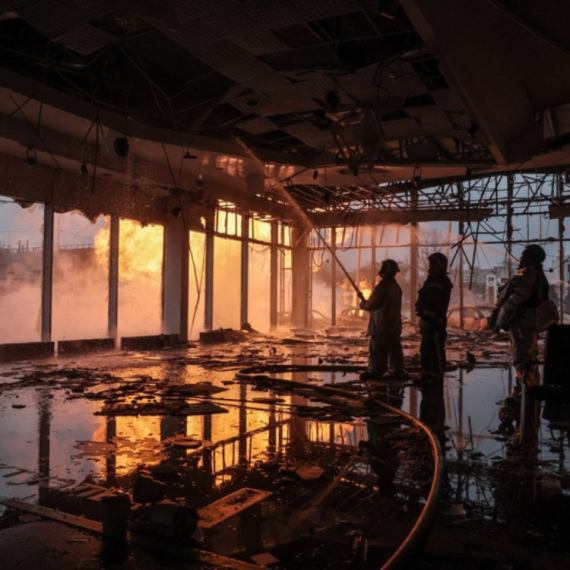
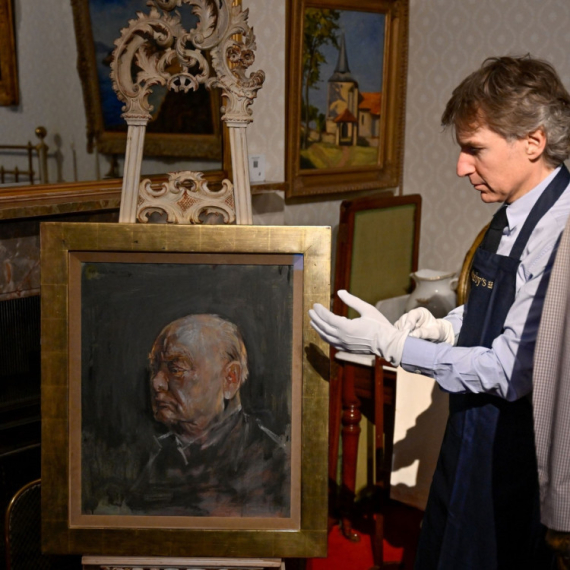



















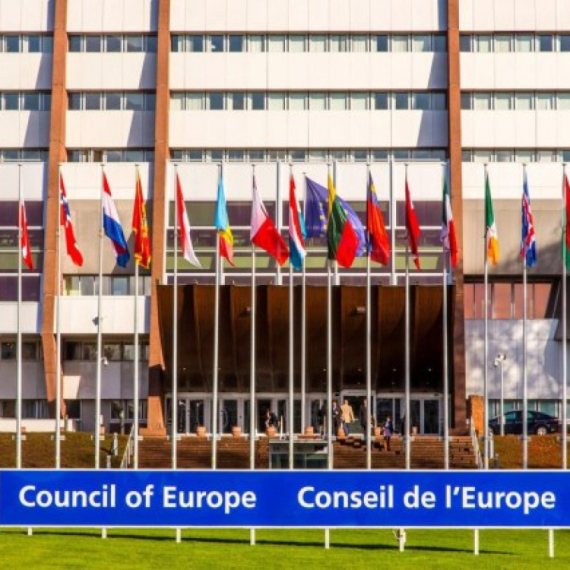














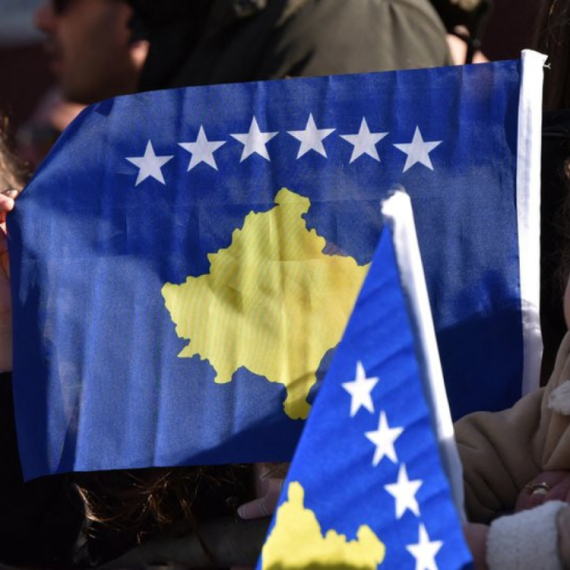





Komentari 0